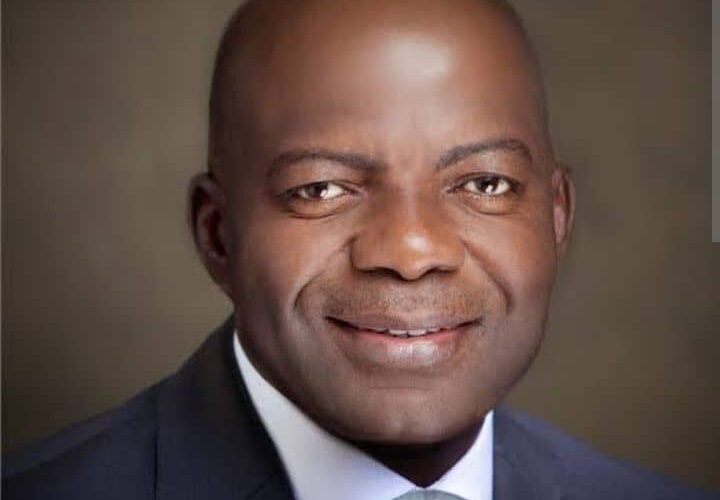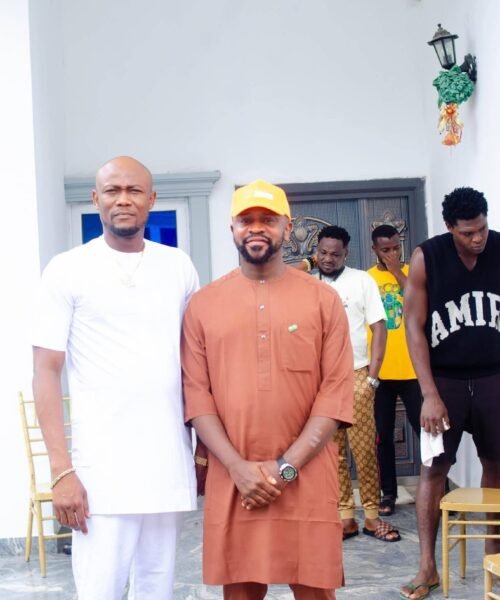Common Man’s Concerns: Surviving today, shaping tomorrow – the practical and political pursuits of Abia’s citizens.
As I stepped into Ohafia, the vibrant Igbo culture enveloped me. I was there prior to the recently concluded local government elections to research voters on the streets. The warmth of the people made me feel right at home. The ancestral capital, stood proudly, its history woven into the fabric of the town. I walked through the bustling Amavo central market, where locals traded goods and shared stories. The air was thick with the smell of yams, cassava, and melons, fresh from the nearby farms.
But amidst the vibrancy, I noticed a sense of unease. The locals spoke of the upcoming election, their voices laced with concern. Some shared stories of past elections, marred by violence and irregularities. I realized that the stakes were high, and the people’s hopes for a peaceful and fair election hung in the balance.
As I continued my research, I met a young woman, Amara. Her story was one of resilience, but also of pain. She had been a victim of confidence tricksters, a crime that left her shaken and silenced. But Amara found her voice, and she shared her story with me, a testament to her courage. Her experience highlighted the need for change, for leaders who would prioritize the safety and well-being of all citizens.
In Omuahia and Aba, I found similar stories, each one a thread in the intricate tapestry of the region’s history. The people’s struggles, their hopes, and their resilience – all of these informed their views on the election. I quickly realized that this was more than just a local government election; it was a chance for the people to shape their future.
As I concluded my research with a small group prayer Outreach in Aba for the government, I felt a sense of awe for the people of Ohafia, Omuahia, and Aba. Their stories, though marked by struggle, were ultimately tales of hope and resilience.
Practical examples or Survival stories of common Abians
Infrastructure Development
- Uche’s Journey: Uche, a trader from Umuahia, spent hours daily navigating potholed roads to transport goods. After the state government rebuilt the roads, her travel time reduced by 50%. “Now, I can focus on growing my business, not worrying about damaged goods,” she says.
- Chika’s Commute: Chika, a student, used to walk 5 kilometers to school due to lack of transportation. With the gradual upgrades, he now travels safely and efficiently. “I can attend school regularly and participate in extracurricular activities,” Chika beams.
Economic Empowerment
- Nneoma’s Enterprise: Nneoma, a young entrepreneur, received training and funding from a church entrepreneurship program. She started a successful fashion design business, employing five people. “This opportunity changed my life. I’m now financially independent,” Nneoma shares.
- Ikenna’s Job: Ikenna, a graduate, struggled to find employment. After participating in a state-sponsored job creation initiative, he landed a role at a local tech firm. “I’m grateful for the chance to support my family and contribute to Abia’s growth,” Ikenna says.
Social Services
- Ifeoma’s Healthcare: Ifeoma, a mother of two, benefited from the state’s healthcare program, receiving subsidized antenatal care and childbirth services. “I received quality care, ensuring my children’s healthy start in life,” Ifeoma expresses.
- Ezinne’s Education: Ezinne, a pupil, attended a state-renovated school with improved facilities. “My classroom is now conducive, and I have access to quality educational materials,” Ezinne says, smiling.
These stories demonstrate how infrastructure development, economic empowerment, and social services have positively impacted the lives of Abia State citizens.
Let’s explore some other inspiring stories of political engagement by common folks in Abia State. I led a simple focus group discussion, FGD, on WhatsApp with these delight some personalities after the elections and heard exhilarating stories of courage by these unsung heroes of our time.
Voting and Elections
- Nnamdi’s Voting Experience: Nnamdi from Ohafia exercised his right to vote for the first time in the local government elections. He felt empowered, knowing his voice counted in shaping Abia’s future ¹.
- Chinwendu’s Community Mobilization: Chinwendu, a community leader from Aba, rallied voters in her ward, resulting in a remarkable turnout. Her efforts demonstrated the impact of collective action.
Community Organizing
- Kalu’s Advocacy: Kalu from Umuahia narrated his dream for better healthcare facilities and his previous advocacies. His efforts ensured community concerns were heard. He celebrates the governor’s medical outreach and pledge to expand primary health centers.
- Chidi’s Youth Empowerment: Chidi’s youth organization focused on education and job creation, driving change and holding leaders accountable on social media.
Policy Engagement
- Ada’s Citizen Budget Participation: Ada has developed interest in scrutinizing financial records vis-a-vis state budget as published. Her participation attracted some youngsters to be inquisitive as well.
- Onwuchekwa’s Governance Reform: Onwuchekwa supported Governor Alex Otti’s commitment to transparency and accountability, paving the way for sustainable development.

These stories showcased how simple folks through political engagement is driving positive change in Abia State. By participating in democratic processes, organizing community efforts, and influencing policy, citizens can build a brighter future.
Dr Chukwuemeka Ifegwu Eke writes from the University of Abuja Nigeria.







